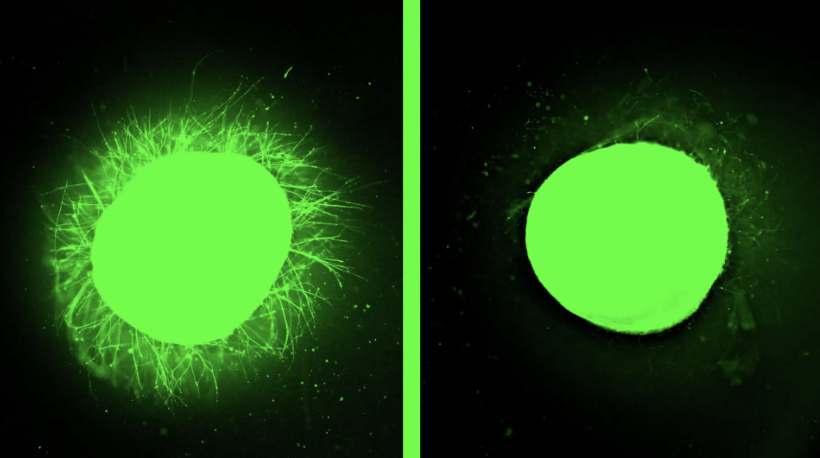In November, a groundbreaking paper presented a novel drug delivery method that overcomes the blood-brain barrier (BBB), a major obstacle in treating neurological disorders. Scientists at Mount Sinai Health System developed a method using a compound called BCC10 to deliver genetic tools to the brain. This technology opens up possibilities for silencing or treating genes associated with neurodegenerative diseases such as Alzheimer’s disease and ALS (Amyotrophic Lateral Sclerosis).
The research team demonstrated successful delivery of antisense oligonucleotides (ASOs) targeting specific genes (including Sod1 and Mapt) to the brain using BCC10. The experiments, conducted on mice, showed reduced gene expression while having no effect on other organs. This research could mark a crucial turning point in treating brain diseases where conventional drug delivery methods have been ineffective.
If this technology is successfully implemented, it could fundamentally change the approach to treating neurological disorders. This method of bypassing the blood-brain barrier will contribute to the development of more effective treatments for brain diseases in the future. The research team plans to further validate the technology’s effectiveness through larger animal models, with the potential for human clinical trials in the future. If commercialized, this technology could provide new treatments for many neurological conditions that current therapies have failed to address.
GLP-1 for Treating Obesity—Origin, History, and Evolution
JAMA Network, Per Franklin Nielsen, Per Olaf Huusfeldt (Novo Nordisk), Denmark
Glucagon-Like Peptide 1 Receptor Agonists and 13 Obesity-Associated Cancers in Patients With Type 2 Diabetes
JAMA Network Open, Kevin Lin (Harvard Medical School), USA



